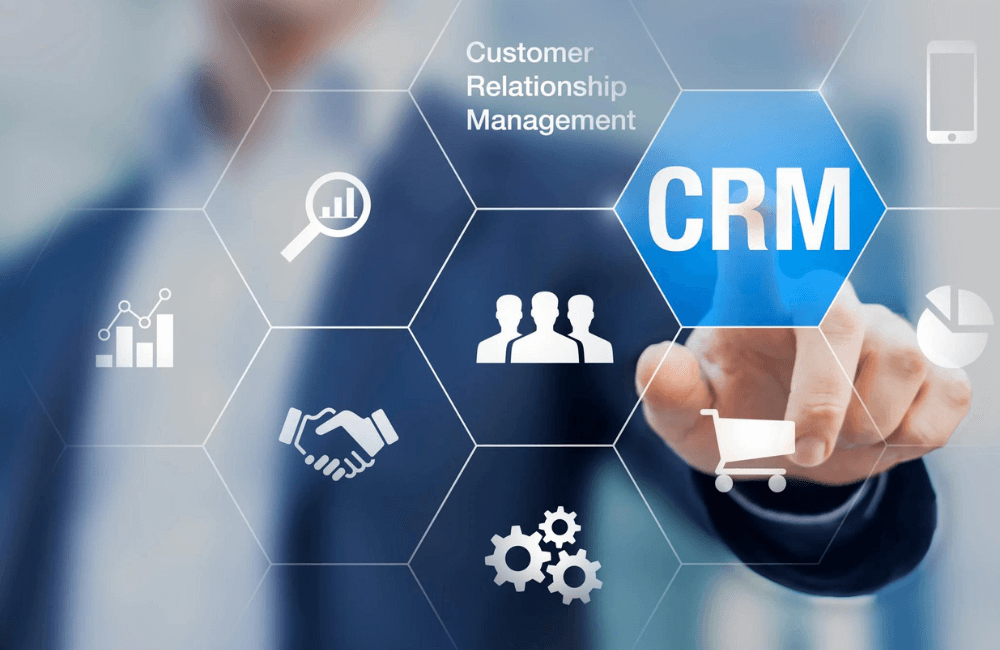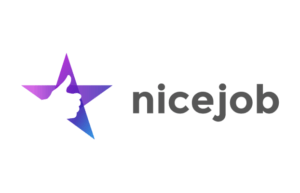PCA Articles

How to Choose A CRM For Your Small Business
Have you seen a large surge in business and are struggling with managing your customer data and interactions? It may be time for you to get a customer relationship management (CRM) system.
A smart and efficient CRM tool can help you streamline your sales and marketing processes and generate more leads.
However, with the large number of CRMs available, how do you decide which CRM is best for your business?
Your choice of CRM is influenced by several factors related to your business and its needs. You need to consider features, pricing, simplicity of use, and alignment with your business objectives.
If you run a small business, it is essential for you to choose the right CRM so that you can get the most out of your limited resources.
To understand how to choose a CRM for your small business, let’s first understand what a CRM is and how you should use one.
What is a CRM?
A CRM is a technology that manages your business’ interactions and improves relationships with customers.
CRMs are geared towards improving relationships by aiding companies in connecting with customers, optimizing processes, and raising profitability. In addition, these systems typically assist with managing sales, contact management, and other aspects.
CRMs ensure that all your client interactions are streamlined and curated for maximum customer satisfaction. The technology collates customer data (personal information, purchase history, and behavior patterns) from various sources and uses this data to optimize strategy.
Advantages Over Spreadsheets
While Excel has traditionally been the gold standard for businesses, it has become outdated when collecting and analyzing customer data. CRMs provide many benefits over spreadsheets, including:
- Collaboration: CRMs allow for collaboration with multiple users, allowing all team members to work together in real-time without worrying if everyone is working on the most recent version of the spreadsheet.
- Time-efficient: Manually entering data in Excel is cumbersome and time-consuming. CRM solutions automatically gather and input information, allowing you to skip data entry and focus on more important things.
- Event-tracking: A CRM allows you to track email metrics (click rates, open rates) and other vital details, making it easier to pinpoint and predict customer behavior.
- Scalability: Excel spreadsheets aren’t scalable. As your small business grows, spreadsheets become inefficient and difficult to manage. CRM technology scales with the size of your business, providing you with new features as you need them.
- Advanced reporting: While Excel gives you basic reporting capabilities like pie charts, bar graphs, and pivot tables, it fails to generate complex reports and analyze massive amounts of data. CRMs allow you to create many types of reports on demand. These reports can be customized to display the specific data you want.
Key Features to Look For
When analyzing different CRMs, there are several key features that you should prioritize over others. The key ones are:
Workflow Automation
Modern CRMs make use of AI processes to automate the entire deal flow. Everything from reading client data off of emails and entering it onto the system to generating detailed performance analysis reports can be done with these CRMs. Look for a CRM that allows you to automate almost all of your client management processes.
Customization
A big part of what makes a CRM scalable is its ability to be customized according to your company’s needs. A dynamic CRM should allow you to simultaneously display/hide data on demand and handle a number of client accounts.
Employee Tracking
The CRM you choose should allow you to keep track of all the accounts a particular employee is handling. The best ones even allow you to generate individual performance reports for each employee.
Reporting
Your CRM should make company reporting a breeze for you. Company reporting allows you to see detailed reports of each employee’s performance. These can then be used to inform further decisions such as goal setting and sales forecasts.
A few other things you should look for in a CRM are how efficient and lucid its lead management techniques are, whether it allows for user access control (need-based dissipation of data), an intelligent analysis panel, and automated feedback/follow-up protocols for all prospective leads.
Choosing Your CRM
While it is important to consider the features mentioned above, you need to think of the specific needs of your business when choosing a new CRM tool.
As a small business owner, you should be clear about the objectives you set for your CRM. Consult your teams’ needs and wants from a CRM. This helps you understand operational gaps in your company.
Once you have a list of everything you want from a CRM, conduct research on the specific CRMs that match your needs. You can do this by getting referrals from other businesses, reading trade magazines and online reviews, and checking out customer reviews for viable feedback/suggestions.
Once you have narrowed down a shortlist, sign up for a free trial or live demos. This will help you get comfortable with the specific software and various onboarding processes and decide on the one that works the best for you.
The Best CRMs For Integration
There are several CRMs available on the market. It can be overwhelming to try out every one of them before landing on the one that is right for your business.
And so we’ve compiled a list of the best CRMs that offer easy integration with NiceJob:
Jobber
Jobber is a comprehensive CRM and service scheduling platform built especially for home service providers. Jobber allows plumbing, electrical, lawn care, and other similar home-care businesses to connect to and manage a diverse clientele.
Zendesk
Zendesk is a unique customer software support that doubles as an effective CRM that offers easy integration with many apps like NiceJob!
QuickBooks
QuickBooks is an accounting cum CRM management software that helps businesses provide accounting, expense management, tax filing, and other book-keeping services through their comprehensive web platform and mobile app.
Hubspot
Hubspot is a classic, easy-to-use CRM with added microservice modules that assist SMBs with marketing, sales, and service management operations.
Freshbooks
Freshbooks is a web platform cum mobile application built especially for SMBs seeking help with their book-keeping. It employs special AI-based automation to help everyone from self-employed professionals to contract-based businesses with their CRM activities.
FieldPulse
FieldPulse helps field-service-based businesses like HVAC solutions providers, plumbing and electrical workers, lawn care, and on-demand salon service providers, from scheduling appointments to invoicing.
It is important for you to make sure that the CRM you choose offers lucid, easy-to-do integration with your existing business tools like NiceJob. So, what are you waiting for? Get out there and find a CRM that is ideal for your business.
